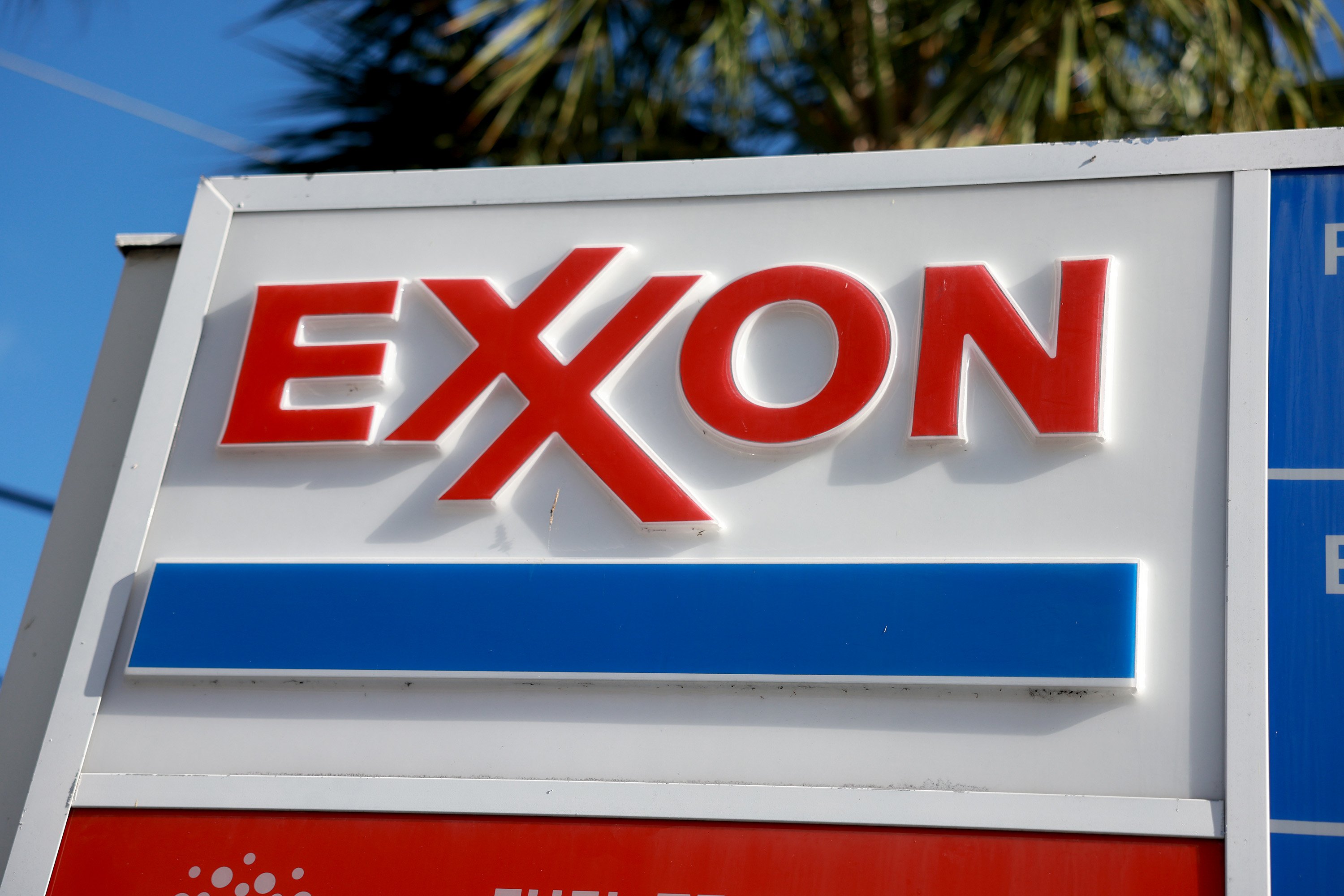
Photo credit: Flickr user adddee.
A combination of falling oil prices and skyrocketing costs led Chevron (CVX +0.02%) to delay its $12 billion deepwater gas development project in Indonesia. While the offshore drilling operation is only being temporarily delayed while Chevron revises its calculations, there is no telling how long the delay will last. In any event, this is likely just one of many multibillion-dollar energy projects that Chevron and its peers will delay over the next year.
The current delay
Chevron's Indonesia Deepwater Development was initially expected to begin producing gas in 2016, starting with the Bangka field and followed by the Gehem and Gendalo fields in 2018. Those dates will likely all be pushed back by at least a year while Chevron reevaluates the project. While one reason for this reevaluation is a new gas discovery that could change Chevron's development plans, the company is also faced with skyrocketing costs and falling energy prices, both of which have the potential to hurt this project's economics.
This project, as the following slide notes, is just one of about 25 Chevron has in development that will cost more than $1 billion each.

Source: Chevron Investor Presentation.
With so many projects to juggle, this delay is just part of Chevron's portfolio management. However, this delay could be a problem for Indonesia, which might soon run low on natural gas supplies. The country, which was once the leading LNG producer in the world, could become a net importer of natural gas by the end of the decade if new supplies don't come online. That's why it needs Chevron's delay to be short. That, however, might be too much to hope for given the problems Chevron and the industry as a whole have had with these megaprojects.
The problem with big projects
Large natural gas projects have been costly for Chevron. Its massive Gorgon project in Australia, for example, was initially expected to cost $37 billion. However, the anticipated price tag has increased to $54 billion, 37% more than initially expected. The project, which is 83% complete, has been a heavy burden for the company and its partners.

Source: Chevron Investor Presentation.
Industrywide cost overruns for megaprojects yet to be completed totaled $500 billion, according to a 2014 report by Ernst & Young. That report found that 64% of multibillion-dollar projects exceeded their budgets by an average of 59%, while another 73% missed project deadlines. These numbers were even higher in the Asia-Pacific, where 68% of projects exceeded planned budgets and 80% fell behind schedule. This is why Chevron is taking a harder look at its planned Indonesia project, and other producers will likely also press pause on megaprojects that are not delivering as planned.
Investor takeaway
We are entering an interesting period for the energy industry. After being burned in recent years, companies are focusing on profits over growth. This new approach means producers aren't afraid to delay new operations until the project's economics are more compelling, which will likely only happen as supplies start to fall and prices rise.






